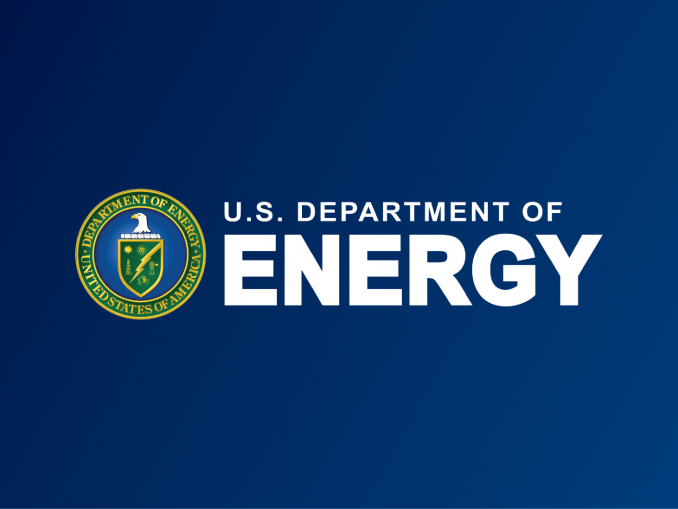U.S. Department of Energy Invests in Domestic Critical Minerals and Materials Innovation
Key Ideas
- The U.S. Department of Energy announced $5.5 million for six projects to advance cost-effective and environmentally responsible processes for critical minerals in the United States.
- The funding aims to reduce dependence on foreign supplies, create jobs, and support communities historically reliant on mining and energy production.
- Selected projects focus on developing alternative energy technologies using domestically available materials, such as rare earth element-free electric motors and sodium-ion batteries.
- The initiatives align with the Biden-Harris Administration's clean energy goals, strategy for strengthening energy security, and commitment to community engagement and benefits.
The U.S. Department of Energy recently unveiled a $5.5 million investment in six projects to propel the production and refinement of critical minerals and materials within the United States. This initiative, supported by the Bipartisan Infrastructure Law, aims to leverage new technologies using domestically sourced materials to decrease reliance on foreign imports. Secretary of Energy Jennifer M. Granholm emphasized the importance of tapping into domestic resources to build a clean energy and industrial economy, enhance energy security, and bolster national competitiveness.
The funding is part of the 'Critical Material Innovation, Efficiency, and Alternatives' initiative, which seeks to develop a secure domestic supply chain for critical minerals, including recycled materials, mine waste, and ore deposits. By reducing dependency on foreign sources for rare earth elements and critical minerals, the U.S. aims to address supply chain vulnerabilities and increase self-sufficiency.
The selected projects cover a range of innovative technologies, such as rare earth element-free electric motors, sodium-ion batteries, and battery-grade graphite substitutes. These projects aim to enhance the availability of key components for various energy storage solutions and advance sustainable practices in the production of critical materials.
Furthermore, the Department of Energy's commitment to community engagement and support is evident through the requirement for project teams to submit Community Benefits Plans. These plans outline how the projects will create quality jobs, promote diversity and inclusion, and benefit disadvantaged communities as part of the Justice40 Initiative. The Justice40 Initiative aims to ensure that 40% of the benefits from federal investments flow to marginalized communities affected by pollution.
Overall, the DOE's investment in critical minerals and materials innovation aligns with the national agenda for clean energy, economic growth, and environmental sustainability. By fostering local production and technological advancements, the U.S. is taking significant steps towards a more secure and resilient supply chain for essential materials.
